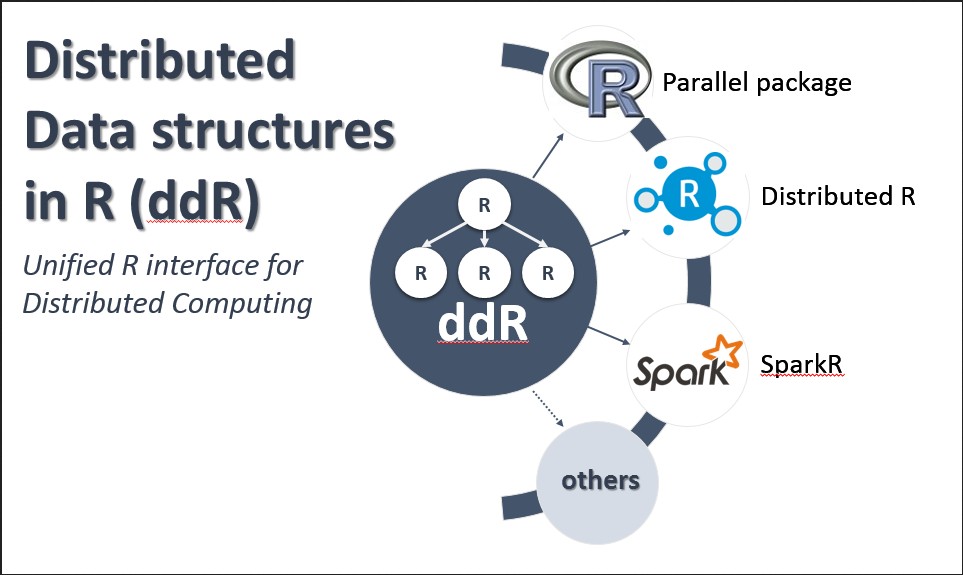Quantum computers should be much easier to build than previously thought, because they can still work with a large number of faulty or even missing components, according to a study published in Physical Review Letters.
This surprising discovery brings scientists one step closer to designing and building real-life quantum computing systems — devices that could have enormous potential across a wide range of fields, from drug design, electronics, and even code-breaking.
Scientists have long been fascinated with building computers that work at a quantum level — so small that the parts are made of just single atoms or electrons. Instead of ‘bits’, the building blocks normally used to store electronic information, quantum systems use quantum bits or ‘qubits’, made up of an arrangement of entangled atoms.
Materials behave very differently at this tiny scale compared to what we are used to in our everyday lives — quantum particles, for example, can exist in two places at the same time. Continue reading …







